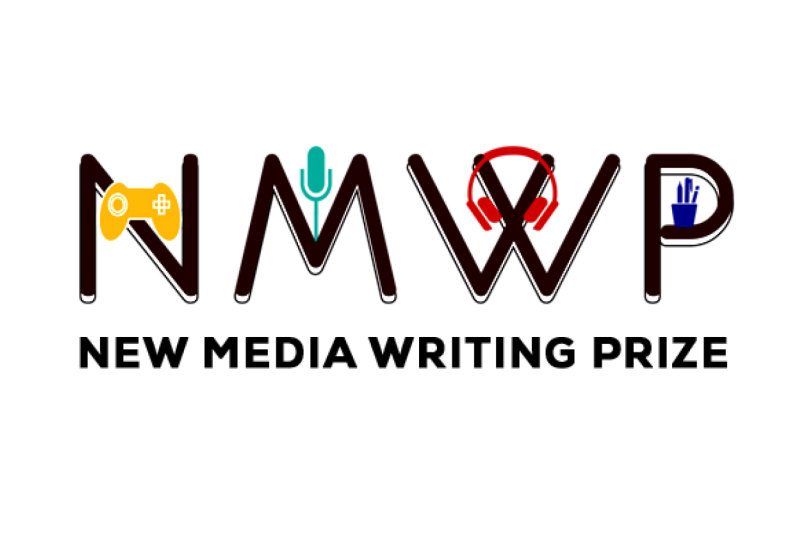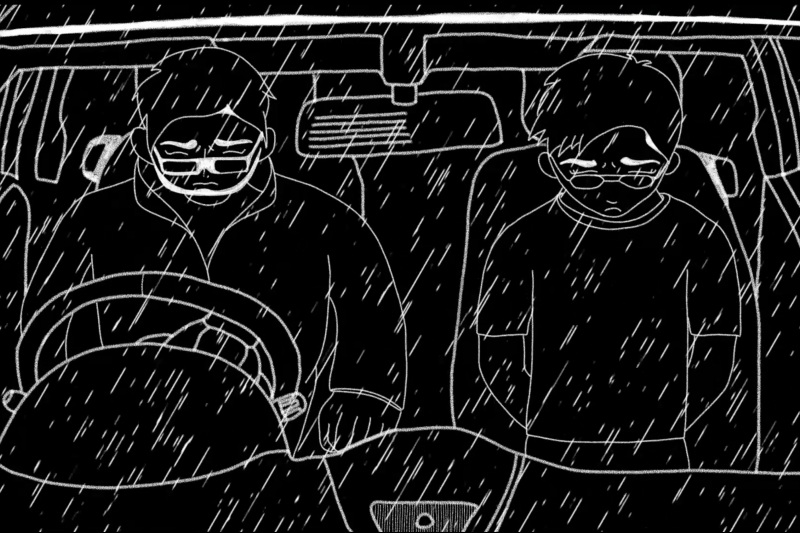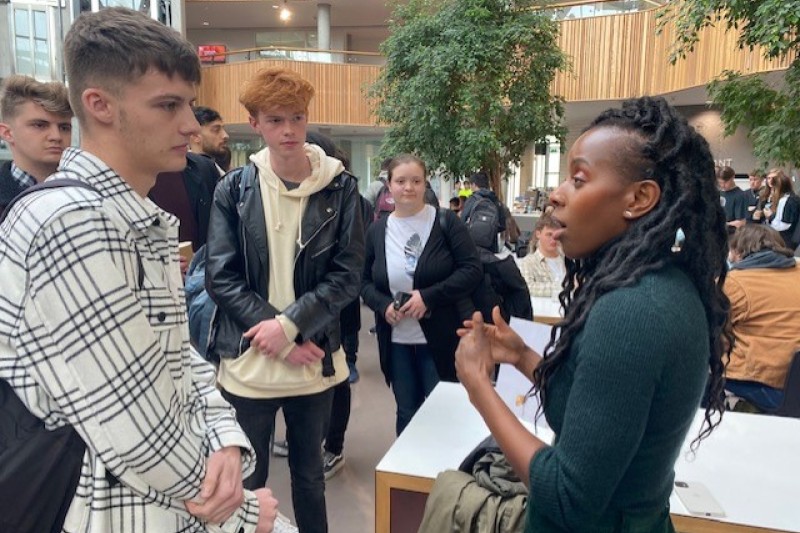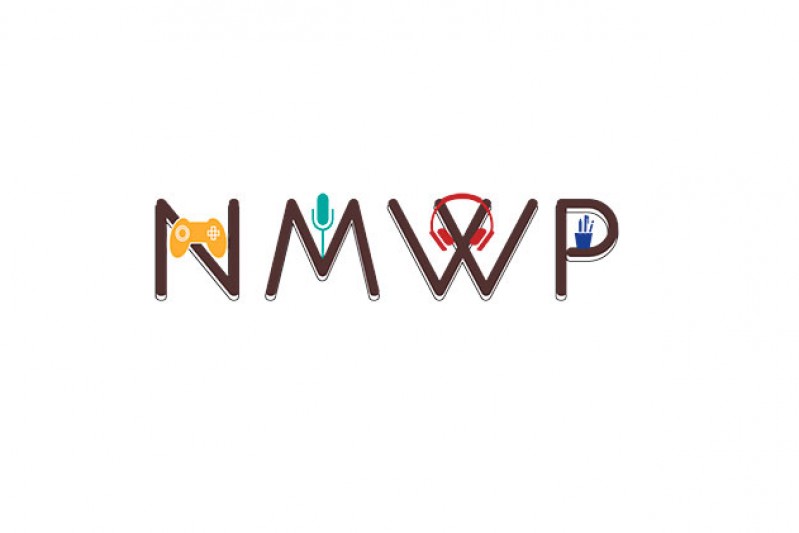Originally published on the Political Studies Association website.
Controlling or silencing the media is the first act of any anti-democratic force. From the destruction of the printing presses in Medieval Europe to seizures following the ascent to power of the dictators who shaped the Twentieth Century, to punitive controls by Putin in modern day Russia, control of media has been a primary objective. While cases like the phone hacking scandal and the fake sheik lead us to question the role of some parts of media, one should not forget the pivotal role of media in a democratic society.
'Media have been accused of exercising power without responsibility', a quote from Stanley Baldwin, British prime minister 1935-7, borrowed by James Curran and Jane Seaton for a multi-edition key text on British media. Yet media can also exercise power with responsibility. The media function as a fourth estate, informing citizens, questioning claims, interrogating, investigating and indeed mocking the powerful. Such a function comes with great responsibility. Many sections of the global media exercise that power with great responsibility.
The greatest challenge to journalists exercising this function is fear: of sanction, of punishment, of imprisonment and of death. Traditionally punitive actions against journalists are state sponsored. Journalists acting in the name of democracy and freedom against an authoritarian administration have faced and endured all these risks. What we see today is a different form of fear emerging; the threat of arbitrary and unexpected violence made real by the events in and near the offices of Charlie Hebdo in Paris 7th January 2015 that resulted in the deaths of 12 people including five leading cartoonists.
Charlie Hebdo is fairly specialist. It is a left-wing, anti-religion, magazine that follows in the French tradition of controversy and satire with a fairly niche readership. The decision to mock the prophet Mohammed and followers of Islam has made them a target for some years, and was a decision few outlets would have considered. One can argue that the attack was merely a scratch on the armour of press freedom. This was not an attack on Le Monde, Le Figaro or France24 so does it matter.
Of course the answer is yes. To perform the functions of a fourth estate, journalists cannot operate in an atmosphere of self-censorship due to fear. While this might be necessary to an extent for survival within a dictatorship, pluralism and freedom of speech are central planks of the democratic project. Democratic societies work on the principle that independent of agreeing with a statement, there is a right for it to be voiced. The argument is that it is better that Islamic State, Al-Queda or Front Nationale or the British National Party (BNP) are given a platform and that the public can determine the veracity of their claims and positions. While biased in construction, the Question Time appearance of BNP leader Nick Griffin probably did more good for democratic principles than had he and the neo-fascist tendency in the UK been silenced. The media function of giving voice and questioning accepted truths is fundamental and can and should be exploited equally by all if we are to be a true pluralist democracy.
The attack in Paris has probably acted counter to the objectives of the perpetrators. It has galvanised support around a magazine that was politically marginal previously and led to the publication of numerous cartoons which mock Islamic extremists. The cartoonists have shown their solidarity using their weapon of choice, their pen, all saying come and get me if you can, “Je suis Charlie”. In effect the cartoonists who died have become martyrs for press freedom. The attack has also fuelled anti-Islamic feeling in France, all those who protested against Charlie Hebdo’s anti-Islam stance are now portrayed as supporters of acts of terrorism. A pyrrhic victory one might say.
As has been the case with underground presses that have been fighting suppression through history, the media have fought back and claimed a victory. The reason for their actions is not an expression of ideological support for Charlie Hebdo but for the principle that the magazine represents: the freedom of the media to give voice to ideas and arguments that run against the status quo, to question the hegemony of ideas. It is the cornerstone of every Journalism 101 textbook, drummed into undergraduates from day one and enshrined in the offices of most media outlets. Within human nature there is a desire to be free from oppression; this is central to democratic societies and movements that call for greater democracy. Media freedom is both a symbolic and measureable indicator of the quality of democracy, hence it should go unquestioned and be defended vigorously, and in all its forms, as without it voices become marginalised, oppositional movements suppressed and the freedom of citizens curtailed; all of which are inimical to democracy. Love or loathe the message Charlie Hebdo disseminated, today all supporters of democracy should be stating openly ‘Je suis Charlie’.
Darren G. Lilleker is Associate Professor in the Faculty of Media and Communication at Bournemouth University. He tweets @DrDGL.



